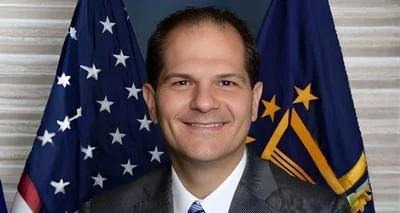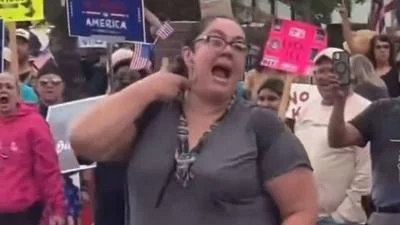Over the past 25 years Illinois has racked up the highest number of exonerations in the nation with Cook County pulling the state to the top of the list, according to a ranking compiled by the National Registry of Exonerations. The culprits behind the 530 wrongful convictions listed for Illinois, the media and wrongful conviction activists say, are the Chicago police and Cook County prosecutors.
Never mentioned is that Cook County’s post-conviction petition process has become increasingly pro-defendant over the years. Reporting by Chicago City Wire has found that even unsubstantiated claims of forced confessions and framing by police in conspiracy with prosecutors have led to the vacating of convictions and multi-million-dollar awards in follow-up civil lawsuits.
“It’s gotten ridiculous,” said one former long time Cook County prosecutor, who spoke with Chicago City Wire on the condition that he remain anonymous. “It used to be that a conviction meant the end of the legal process. Now it’s just the beginning.”

Illinois and New York are unique in that they allow post-conviction petitions based not only on constitutional grounds but also on claims of “absolute innocence.”
An example of a constitutional violation would be a prosecutor failing to divulge exculpatory evidence, or evidence that could exonerate the defendant, required under the Brady doctrine.
In Illinois, claims of absolute innocence can be based on anything that would have changed the outcome of the trial, according to the former prosecutor.
“I can try a case three times with the same evidence and the same jury and get different outcomes,” the former prosecutor said. “That doesn’t make the defendant innocent of the crime.”
He added that some wrongful conviction claims stem from witnesses recanting their testimony.
“Either the witness lied at the time of the crime or is lying later on,” he said. “Either way, the witness is lying.”
In Illinois, moreover, the three-year statute of limitations from the date of conviction for filing a post-conviction petition has all but disappeared, the former prosecutor said. Some cases now go back over 30 years.
In one recent wrongful conviction settlement, two men convicted of the 1993 murder of college basketball star Morgan Marshall Jr. split a payout of $25 million, approved by Chicago City Council in September. The two, Tyrone Hood and Wayne Washington, claimed that the investigating detectives in the case, Kenneth Boudreau and Jack Halloran, fabricated evidence and pressured witnesses to testify against them. Washington also said he was beaten into a false confession.
In previous reporting on the case, Boudreau told Chicago City Wire that he and his former partner, Halloran, who are both named in other wrongful conviction suits, never abused or framed any suspects. Boudreau also said he was looking forward to testifying in the Hood and Washington cases, but a settlement was announced in July just weeks before the cases were scheduled to go to trial.
The Hood/Washington cases follow the pattern of dozens of wrongful convictions cases that have been settled or are awaiting trial. Claims of police abuse have led to exonerations, and then to wrongful conviction lawsuits. In some of the cases, Cook County State Attorney Kim Foxx, who has vacated many convictions based on the abuse claims, has not opposed Certificates of Innocence (COI) for the once convicted murderers— strengthening their cases in civil court.
In total, Foxx has exonerated 287 cases since her first election in 2016, the National Registry of Exonerations reports. Other cases have started their legal journey through the Torture Inquiry & Relief Commission (TIRC), a 2009 creation of the General Assembly that refers cases for new evidentiary hearings. TIRC’s constitutionality has recently been challenged in court.
Since 2019, city taxpayers have shelled out $178 million in wrongful conviction payouts, according to a recent analysis of city data by WTTW News.
Two weeks ago, New York Gov. Kathy Hochul, a Democrat, vetoed legislation that the District Attorneys Association of the State of New York (DAASNY) said would have resulted “in unlimited and repeated challenges to a conviction based on no new circumstances supporting the challenge” – where the post-conviction process is currently in Illinois, according to the former prosecutor.
“Victims could never be assured that justice was served,” the DAASNY said in a statement.






 Alerts Sign-up
Alerts Sign-up